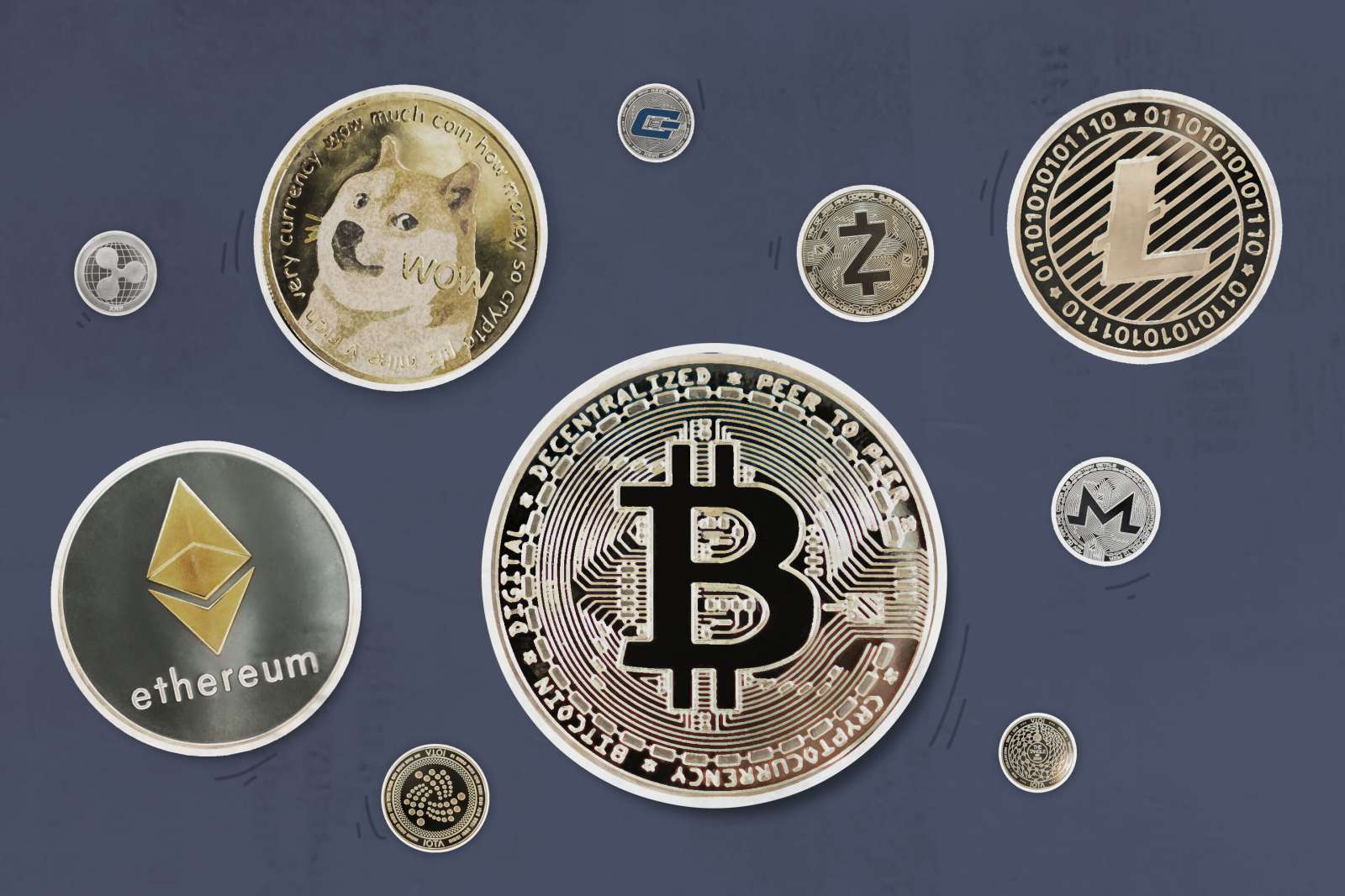Mainstream virtual currency wallets
- DDDOriginal
- 2024-04-28 16:25:37690browse
Mainstream virtual currency wallets include: soft wallets (MetaMask, TrustWallet, Exodus), hard wallets (Ledger, Trezor, SecuX) and paper wallets (BitcoinPaperWallet, MyEtherWallet, Toshi). When choosing a wallet, consider factors such as security, usability, supported coins, fees, and reputation.

Virtual currency mainstream wallet
Virtual currency wallet is a storage tool for digital assets, which can ensure the security of virtual currency funds. Secure and facilitate transactions. The following are the most mainstream virtual currency wallets today:
Soft wallet
- MetaMask: Browser extension wallet, known for its ease of use It is known for its flexibility, multi-chain compatibility and diverse functionality.
- Trust Wallet: Mobile wallet, focusing on the convenience and security of mobile devices.
- Exodus: Desktop and mobile wallet offering an intuitive interface and wide range of token support.
Hard Wallet
- Ledger: Industry-leading hardware wallet, known for its high security, tamper-proof design and Known for its support for multiple virtual currencies.
- Trezor: Another popular hardware wallet that offers multiple security features, including a PIN, physical buttons, and a self-destruct machine.
- SecuX: A new hardware wallet offering a touch screen, Bluetooth connectivity and a highly customizable experience.
Paper Wallet
- Bitcoin Paper Wallet: Offline tool to generate private keys and addresses, which can store virtual coins on paper.
- MyEtherWallet: Ethereum paper wallet generator that provides a secure way to create and manage Ethereum addresses.
- Toshi: Open source paper wallet generator that can generate a variety of virtual currency addresses, including Bitcoin and Litecoin.
Factors that should be considered when choosing a wallet
When choosing a virtual currency wallet, the following factors should be considered:
- Security: Ensure the wallet offers strong security features such as two-factor authentication, private key encryption, and anti-phishing measures.
- Availability: Choose a wallet that is compatible with your device and preferences, such as a soft wallet, hard wallet, or paper wallet.
- Supported virtual coins: Select a wallet that supports the virtual coins you hold.
- Fees: Consider any transaction fees or other fees charged by the wallet.
- Reputation: Choose a wallet from a reputable provider with a good security record and customer support.
The above is the detailed content of Mainstream virtual currency wallets. For more information, please follow other related articles on the PHP Chinese website!

